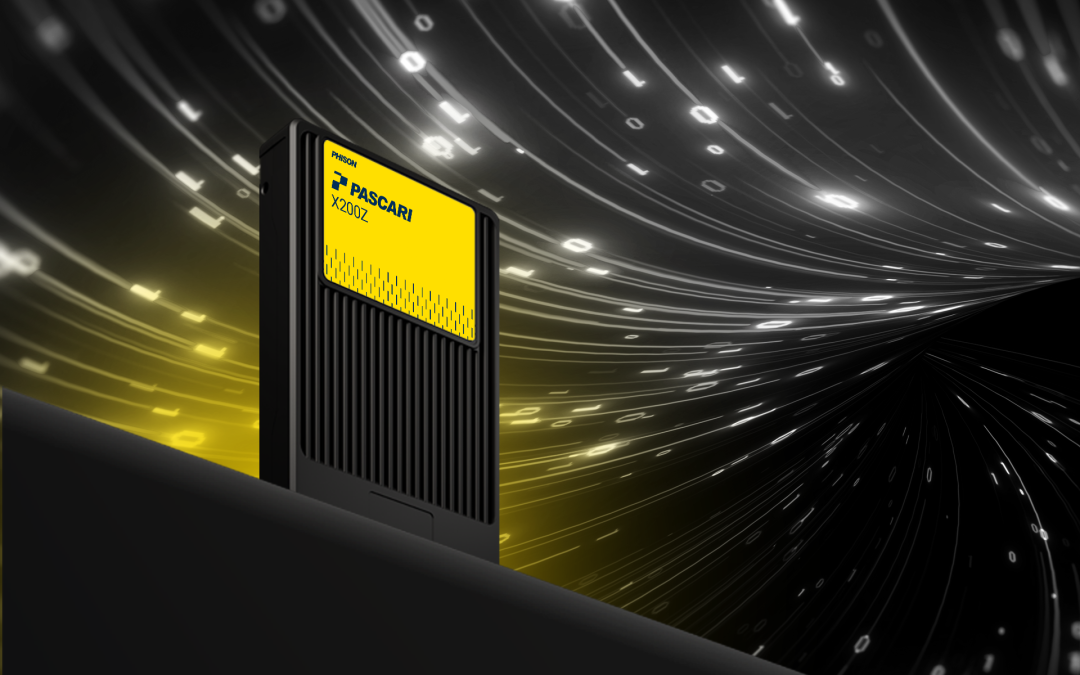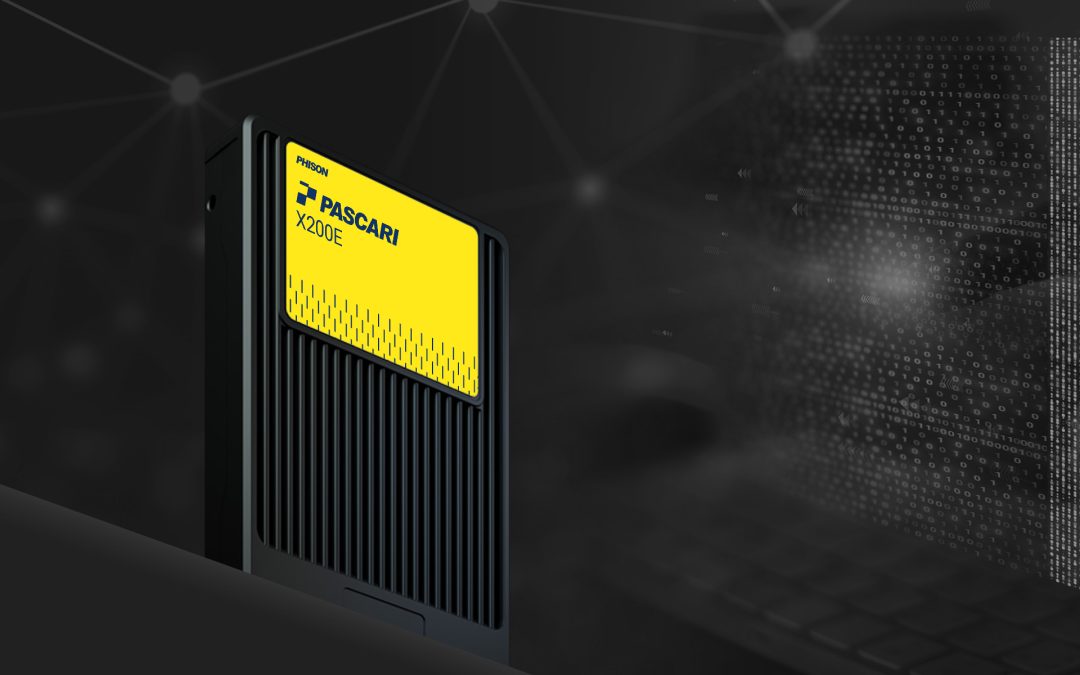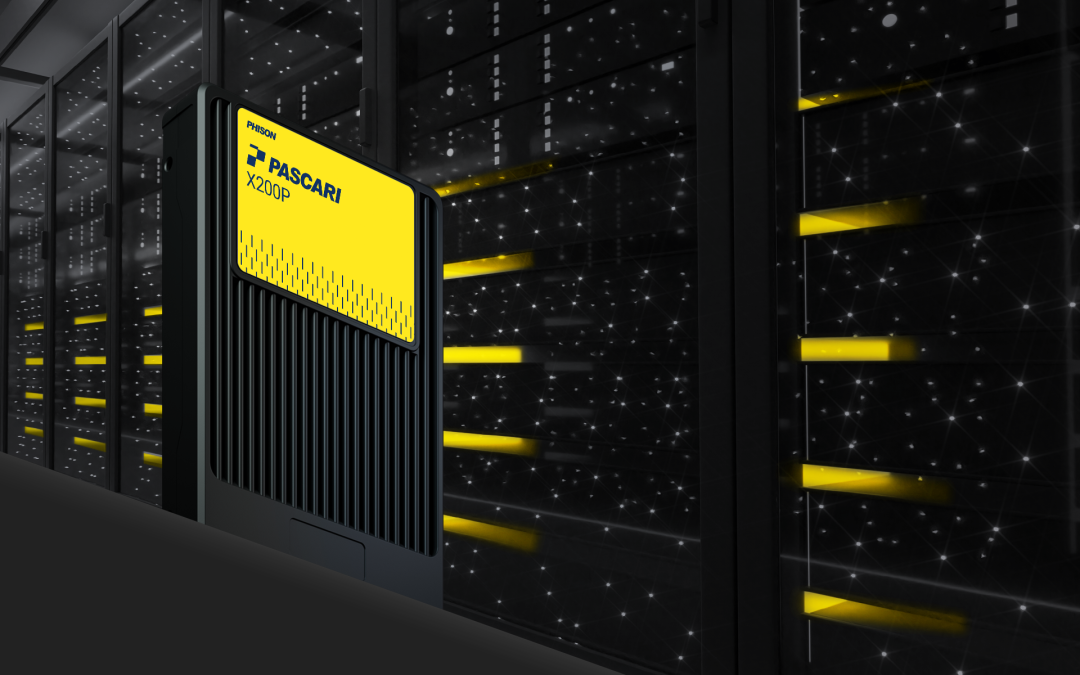Enterprises have experienced only the mere tip of what 5G has to offer. With speeds up to 100x faster than 4G, 40x lower latency, superior reliability and the capacity to handle 1 million Internet of Things (IoT) devices per square kilometer, 5G will impact every industry. The switch to 5G not only marks one of the largest turnovers in electronics the world has ever seen, but more importantly it enables a new kind of network that can connect everyone and everything together, catapults wireless devices into new realms that rely on fast data transfer capabilities and creates opportunities for multitudes of new services and disruptive business models. 5G also greatly impacts the way enterprises collect, manage and store data.
Data managers must adopt new strategies to accommodate the transfer of mountains more data every second, as well as the greater scalability, reliability, continuous application delivery and improved security and storage 5G requires.
Large data volume applications and 100% reliability
Many industries will increasingly rely on 5G-enabled applications that support large data volumes to grow their business, offer new services and deliver an amazing user experience. For example:
-
-
- Doctors will be able to better monitor patients remotely and perform remote surgeries. These applications require platforms with high reliability and continuous connectivity.
- Cars will become smarter and more autonomous, providing advanced driver and roadside assistance. Connected cars will flourish, using onboard artificial intelligence (AI) and machine learning (ML) to enhance the driving experience, stream infotainment from the network or connect to roadside infrastructure to collect data. Such vehicles require the performance, reliability and robust communications of a 5G network.
- Smart factories will be able to take full advantage of automation, AI, IoT and other technologies over 5G. Manufacturers will bolster operational efficiency.
- Media and entertainment companies will transform their high-resolution live and on-demand content offerings and create new revenue streams. Experiences enabled by augmented reality (AR), virtual reality (VR) and the emerging metaverse will finally be realized.
-
Reliability is a cornerstone of 5G. Data managers must not only support applications with large data volumes such as those described above, but also develop strategies to maintain fast 5G speeds and eliminate the risk of downtime.
A cloud-based data layer
5G steers businesses toward services that require faster, continuous application delivery. For successful 5G adoption, data managers need to determine whether their database platforms can handle rapid growth. If not, the solution can be found in using a distributed, cloud-based data layer. This data layer enables enterprises to process different data coming from different sources and support all aspects of data management more effectively. It can also simplify data processing, allowing application instances to interact with the data layer and extract information when needed.
To prepare for the transition to a distributed, cloud-based data layer, data managers should:
-
-
- Remove siloed ecosystems
- Ensure that their systems and applications can aggregate and analyze raw data
- Eliminate conflicting format types when data is expected to move across different networks
- Create unified data management solutions
- Identify network processes that can be automated
-
Expanded attack surfaces
Although security considerations were built into the development of 5G, the technology still creates its own security risks simply through the sheer volume of data being generated, the massive potential for enterprises to digitize applications and services and the nearly unlimited connectivity opportunities it enables.
Because 5G operates on a shorter-wavelength frequency, it can carry data faster over a shorter range than 4G. However, shorter-wavelength 5G networks also require more access points, which greatly increase the attack surface and present more opportunities for businesses to be exploited. What’s more, millions, if not billions, of additional connected devices give sophisticated bad actors more places to launch dangerous attacks. Each insecure IoT device on an enterprise network represents a potential hole for an attacker to exploit.
Increased attack surfaces are only one of the security risks heightened by 5G. In any case, enterprises must make sure their security system can process large quantities of data and scale to meet demand. Policy-based control over network access points is one way to ensure optimal data logging and monitoring.
Storage is critical to 5G success
5G is designed to support a 100x increase in traffic capacity. As network capacity increases, more storage will be consumed at the core and edge. For applications with real-time data processing, edge computing cuts latency issues by bringing the processing and storage closer to endpoints where the data is collected and consumed. Localizing data processing and storage on edge computing devices reduces bandwidth usage. Only the relevant data is sent through to a central data center or cloud.
By the same token, many sensors embedded in myriad IoT devices enabled by 5G will require large amounts of storage away from the edge. These sensors return data to centralized locations for analysis by AI algorithms and machine learning. Logging and capturing all the generated data for troubleshooting and learning purposes drives the need for storage capacity growth even further.
5G networks increase the need for storage at the edge and in the cloud, where storage and processing are cheaper. As 5G networks roll out, flash-based storage will be in greater demand to accommodate data processing at the edge.
Enterprises that fully embrace 5G will need to reexamine their storage infrastructure and strategies, from establishing storage tiering to budgeting long-term storage and distribution to determining how they classify data to meet compliance objectives.
Whether the focus is on storage, security or application development, enterprises that get a head start on updating their data management strategy will be better prepared to tackle 5G challenges and seize the wealth of new opportunities.
Phison satisfies enterprise 5G storage requirements
5G changes how data is stored and managed, and Phison helps enterprises navigate the changes successfully. With over 20 years of experience developing solid-state drive (SSD) controllers and extensive expertise in system integration of mainstream applications, Phison can help organizations meet expanding 5G storage demands. At the edge, Phison SSDs can store all data collected by sensors, and in the cloud, its SSDs store Big Data generated by IoT devices and support intelligent data processing and feedback.
Phison customizes its SSDs based on the needs of the application and industry. For example, in automotive, SSD modules include requirements for ISO and industry certifications, data reliability and endurance, and change notice and traceability. Factory automation SSDs include vibration resistance and consistent performance requirements, along with smart tools for early diagnosis. For data center and edge computing applications, Phison makes sure the SSDs are sized for fast device boot-up, and embeds front-to-end data protection with intelligent firewall and optimized performance on customer patterns.
With flexible design, industrial-grade components, built-in reliability, smart device and data security capabilities, and unparalleled quality, Phison SSDs are the ideal 5G storage solution for enterprises.
Frequently Asked Questions (FAQ) :
What industries benefit most from 5G-enabled storage?
Healthcare, automotive, manufacturing, and media are early adopters. Healthcare benefits from remote monitoring and surgeries; automotive industries need real-time AI/ML processing for connected cars; manufacturers improve efficiency with automation; and media leverages AR/VR and real-time content delivery—all requiring high-throughput, low-latency, and scalable storage systems.
How does Phison address edge and cloud storage for 5G?
Phison’s Pascari Enterprise SSDs offer high-speed, industrial-grade flash storage suited for both edge and cloud. At the edge, these SSDs handle sensor data and real-time input; in the cloud, they support big data processing and analytics. Phison solutions include smart diagnostics, AI-ready firmware, and end-to-end data protection, making them ideal for 5G deployment.
How does Phison differentiate from competitors in the 5G enterprise storage market?
Phison combines controller-level innovation with full-stack system integration. Unlike many SSD vendors, Phison offers vertical integration, co-design capabilities, and enterprise customization. Its focus on reliability, industrial-grade quality, and smart security tools positions it as a partner—not just a vendor—for OEMs and hyperscale deployments navigating 5G.
How does Phison enable SSD customization for different industries?
Through its IMAGIN+ Enterprise Design Services, Phison offers SSD customization based on industry needs. Automotive modules, for instance, include vibration resistance and ISO certifications; factory automation emphasizes consistent performance and early diagnostics; data center SSDs focus on boot speed, security, and custom workload patterns.
What are the main security concerns related to 5G storage environments?
5G’s dense infrastructure (more access points) expands the attack surface. Billions of IoT devices—many with minimal security—can serve as entry points for cyberattacks. Enterprises must implement scalable, policy-based access controls, encrypted SSDs, and robust logging to mitigate risks in a 5G landscape.













